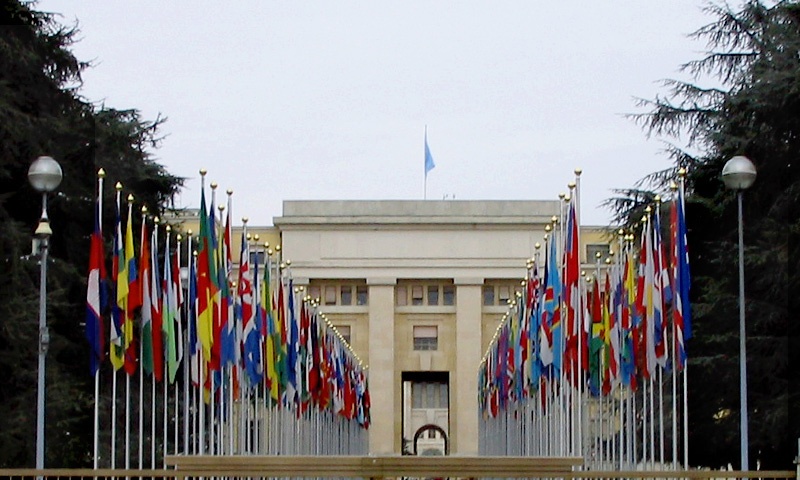On 29 June 2016, Amnesty International and Human Rights Watch called upon the United Nations to immediately suspend the Kingdom of Saudi Arabia from the Human Rights Council.
In a joint statement, the two organizations asserted that “Saudi Arabia has committed gross and systematic violations of human rights during its time as a Council member, and it has used its position on the Council to shield itself from accountability for its violations in Yemen.”
In Yemen, Saudi Arabia has led a coalition against Houthi militia forces in a 15-month-long campaign to reinstall the Hadi government. In 2015 alone, Saudi airstrikes were responsible for 60% of the 1,953 child casualties, with more than 40 attacks on schools and hospitals. Saudi Arabia has also repeatedly violated international law by dropping banned cluster munitions in civilian populated areas.
Yet, as Amnesty International and Human Rights Watch note, the international community has not held Saudi Arabia accountable for incessant and well-documented human rights violations in Yemen. When the United Nations added Saudi Arabia to a “blacklist” of actors that have committed gross abuses against children, the kingdom threatened to withdraw funds from critical UN programs until they were removed from the list.
Amnesty International and Human Rights Watch document a similar lack of respect for human rights at home in the kingdom. Since Saudi Arabia joined the Human Rights Council in January 2014, the country has executed 350 people, some of whom were under the age of 18 at the time of their executions. Adult women are treated as legal minors, required to have male guardians. The government has particularly targeted Shia activists for arrest, imprisonment, and execution. Most notably, Saudi officials executed prominent Shia cleric Sheikh Nimr al-Nimr along with 46 others in January 2016, after what Amnesty International and Human Rights Watch call “a grossly unfair trial.” Americans for Democracy & Human Rights in Bahrain (ADHRB) has documented these trends in A Midterm Report on Saudi Arabia’s UPR Second Cycle: Analyzing Saudi Arabia’s Refusal to Reform.
Since it joined the HRC, Saudi Arabia has had nearly three years to improve its human rights record. Instead of implementing reforms, the country has amplified both its domestic violations and its air campaign in Yemen. Indeed, the kingdom’s capital punishment rate is already on track to exceed last year’s 158 executions. If the HRC’s mandate is to truly promote and protect human rights around the globe, the Saudi government has demonstrated that its presence undermines this effort.
Alexander Kochenburger is an Advocacy Intern at ADHRB.





